MANCHESTER, UK: British researchers have found that oral hygiene therapists can perform screening for common dental diseases as well as general dentists. The finding has important ramifications for service design in public-funded health systems. The study compared the diagnostic test accuracy of hygiene therapists in screening for dental caries and periodontal disease in regularly attending asymptomatic adults.
The researchers at the School of Dentistry at the University of Manchester examined the potential and effectiveness of delegating tasks performed by a general dental practitioner (GDP) to dental care professionals, including therapists, hygiene therapists, hygienists and extended-duty dental nurses.
Regularly attending adult patients in the UK are increasingly asymptomatic and often do not require treatment at their routine dental examinations. Thus, using GDPs to undertake the check-ups on regular low-risk patients represents a potentially unnecessary cost for state-funded systems.
Given recent regulatory changes in the UK, it is now theoretically possible to delegate a range of tasks to dental care professionals. According to the researchers, role substitution in primary dental care may be a promising option for reducing costs, releasing the GDP’s time and increasing the capacity to care for those who do not currently access services. Throughout the UK, only about 50 per cent of the population attend the dentist. The other half is generally socio-economically disadvantaged and experiences the majority of dental diseases.
Ten dental practices across North West England took part in the study and 1,899 asymptomatic adult patients were screened. Visual screening by hygiene therapists was taken as the index test and the GDP acted as the reference standard. The primary outcomes measured were the sensitivity and specificity values for dental caries and periodontal disease.
The results of the study showed that the hygiene therapists performed comparably to the GDPs. Richard Macey, lead author of the study and research assistant at the dental school, told medicalnewstoday.com: “In particular, hygiene therapists were good at identifying those patients the GDP had confirmed were caries free and at identifying periodontal disease where the dentists confirmed its presence.”
Fiona Sandom, President of the British Association of Dental Therapists, welcomed the findings of the study: “Our association find the results of this study encouraging and we view it as further evidence to support delegation within the dental team. The research confirms that dental hygienists and therapists have key parts to play in the future delivery of dental care within the UK.”
The study, titled “The efficacy of screening for common dental diseases by hygiene-therapists: A diagnostic test accuracy study”, was published online on 20 January in the Journal of Dental Research.
LONDON, UK: The annual renewal deadline for dental care professionals (DCPs) is just over a week away, prompting the General Dental Council (GDC) to urge ...
LIVERPOOL/PLYMOUTH, UK: The connection between oral health and chronic disease has been increasingly supported by substantial evidence, revealing shared ...
LONDON, UK: The deadline for UK-based dental care professionals (DCPs) to make their annual or end-of-cycle continuing professional development (CPD) ...
Over the past months, I have been running a course, titled “How to launch an oral health promotion project/business”, which is part of my Smile ...
KRIENS, Switzerland: In the UK, despite significant advancements in oral health awareness, there remains a critical gap in education around interdental ...
MANCHESTER, UK: Over a thousand dentists, including Dr Dave Cottam, chair of the General Dental Practice Committee, have recently signed a letter published ...
LONDON, UK: At the start of 2018, all UK-based dentists were required to adopt the new approach to continuing professional development (CPD) outlined by the...
MANCHESTER, UK: Many dentists find it difficult to communicate the right treatment options to patients, who through false or incomplete information on the ...
MANCHESTER, UK: Many dentists find it difficult to communicate the right treatment options to patients, who through false or incomplete information on the ...
CARDIFF, Wales: As humanity continues to lean into artificial intelligence (AI) and digital technologies for all manner of basic life challenges, the realm ...
Live webinar
Thu. 5 February 2026
7:30 pm UTC (London)
Dr. Boota Ubhi BDS, FDS RCS (Edin), MDentSci, MRD RCS (Eng) Specialist, Cat Edney
Live webinar
Fri. 6 February 2026
1:00 am UTC (London)
Dr. Zeeshan Sheikh Dip.Dh, BDS MSc, M.Perio, PhD, FRCDC, Dip-ABP
Live webinar
Wed. 11 February 2026
12:00 am UTC (London)
Prof. Dr. Wael Att, Dr. Robert A. Levine DDS, FCPP, FISPPS, AOD, Dr. Larissa Bemquerer ITI Scholar at Harvard
Live webinar
Wed. 11 February 2026
4:00 pm UTC (London)
Dr. med. dent. Sven Mühlemann
Live webinar
Wed. 11 February 2026
5:00 pm UTC (London)
Prof. Dr. Samir Abou Ayash
Live webinar
Fri. 13 February 2026
5:00 pm UTC (London)
Live webinar
Mon. 16 February 2026
5:00 pm UTC (London)



 Austria / Österreich
Austria / Österreich
 Bosnia and Herzegovina / Босна и Херцеговина
Bosnia and Herzegovina / Босна и Херцеговина
 Bulgaria / България
Bulgaria / България
 Croatia / Hrvatska
Croatia / Hrvatska
 Czech Republic & Slovakia / Česká republika & Slovensko
Czech Republic & Slovakia / Česká republika & Slovensko
 France / France
France / France
 Germany / Deutschland
Germany / Deutschland
 Greece / ΕΛΛΑΔΑ
Greece / ΕΛΛΑΔΑ
 Hungary / Hungary
Hungary / Hungary
 Italy / Italia
Italy / Italia
 Netherlands / Nederland
Netherlands / Nederland
 Nordic / Nordic
Nordic / Nordic
 Poland / Polska
Poland / Polska
 Portugal / Portugal
Portugal / Portugal
 Romania & Moldova / România & Moldova
Romania & Moldova / România & Moldova
 Slovenia / Slovenija
Slovenia / Slovenija
 Serbia & Montenegro / Србија и Црна Гора
Serbia & Montenegro / Србија и Црна Гора
 Spain / España
Spain / España
 Switzerland / Schweiz
Switzerland / Schweiz
 Turkey / Türkiye
Turkey / Türkiye
 UK & Ireland / UK & Ireland
UK & Ireland / UK & Ireland
 International / International
International / International
 Brazil / Brasil
Brazil / Brasil
 Canada / Canada
Canada / Canada
 Latin America / Latinoamérica
Latin America / Latinoamérica
 USA / USA
USA / USA
 China / 中国
China / 中国
 India / भारत गणराज्य
India / भारत गणराज्य
 Pakistan / Pākistān
Pakistan / Pākistān
 Vietnam / Việt Nam
Vietnam / Việt Nam
 ASEAN / ASEAN
ASEAN / ASEAN
 Israel / מְדִינַת יִשְׂרָאֵל
Israel / מְדִינַת יִשְׂרָאֵל
 Algeria, Morocco & Tunisia / الجزائر والمغرب وتونس
Algeria, Morocco & Tunisia / الجزائر والمغرب وتونس
 Middle East / Middle East
Middle East / Middle East

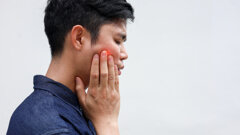




























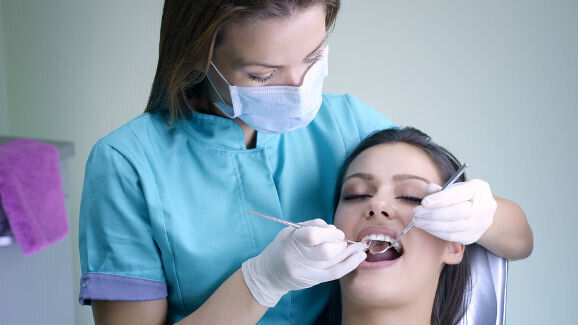





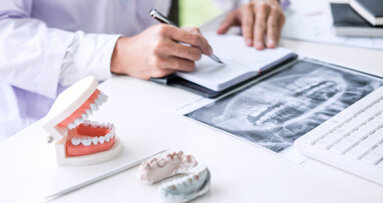
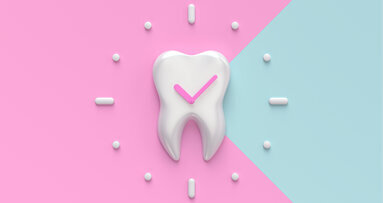
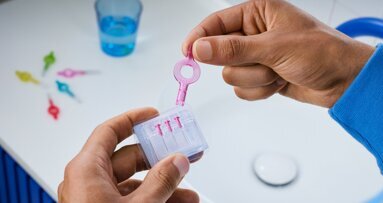
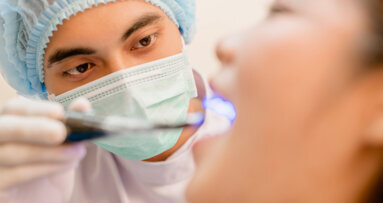
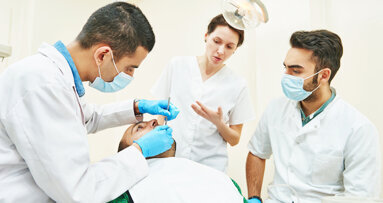











To post a reply please login or register